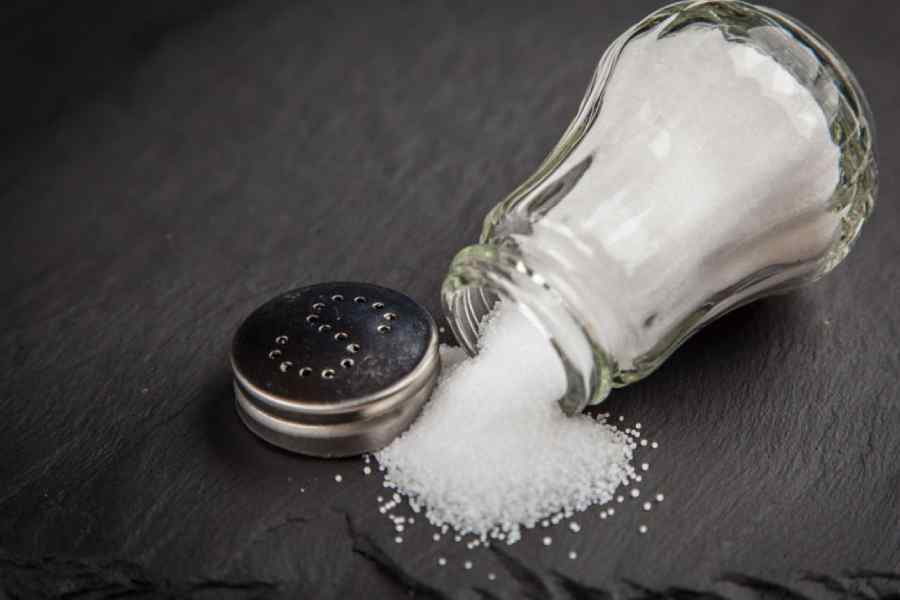People worried about diabetes might need to watch their salt intake too. A study released on Wednesday has found that the more often people add extra salt to their food, the greater is their risk of developing diabetes.
Public health experts who analysed long-term salt sprinkling habits and the onset of diabetes in a sample of over 402,000 adults have found that those who “never” or “rarely” added salt had the lowest while those who “always” added salt had the highest additional risk of diabetes.
“We already know that limiting salt lowers the risk of cardiovascular diseases and high blood pressure, but our findings show for the first time that avoiding salt can also help lower the risk of developing type-2 diabetes,” said Lu Qi, a professor at the Tulane University School of Public Health and Tropical Medicine in the US who led the study.
The traditional risk factors for type-2 diabetes — a disorder marked by a disruption in the way the human body uses sugar as a fuel — are being overweight or obese, a sedentary lifestyle, a family history of diabetes, and non-alcoholic fatty liver disease.
For their study, Qi and his colleagues relied on the UK Biobank, a health database of over 500,000 individuals maintained by the UK National Health Service. The researchers used data from questionnaires asking about long-term salt intake from a sample of 402,000 people, among whom 13,120 developed diabetes over a period of nearly 12 years.
Their analysis found that those who “never” or “rarely” added salt to their food had a 13 per cent higher risk, while those who “sometimes” added salt had a 20 per cent higher risk, and those who “usually” or “always” added salt had a 39 per cent higher risk of developing diabetes.
The salt-diabetes connection was independent of lifestyle, socio-economic circumstances and other traditional risk factors for type-2 diabetes, the researchers said, describing their findings on Wednesday in the journal Mayo Clinic Proceedings.
“These results are significant — but not surprising,” said Satinath Mukhopadhyay, professor of endocrinology at the Institute of Postgraduate Medical Education and Research and SSKM Hospital, Calcutta, who was not associated with the study. “They are significant because they show for the first time the salt and diabetes connection through population-level data.”
But, Mukhopadhyay said, the findings underline a long-known connection between hypertension (high blood pressure), cardiovascular diseases and diabetes through a health condition that doctors call the metabolic syndrome. “All three — hypertension, cardiovascular diseases and diabetes — have their roots in the metabolic syndrome, a condition that is aggravated by a hormone called aldosterone that helps retain salt,” he said.
The precise biological mechanisms through which salt influences the risk of diabetes remain unclear but, Qi said, it is possible that the salt encourages people to eat larger portions at mealtimes, increasing their chance of developing obesity or inflammation that are known risk factors for diabetes.











